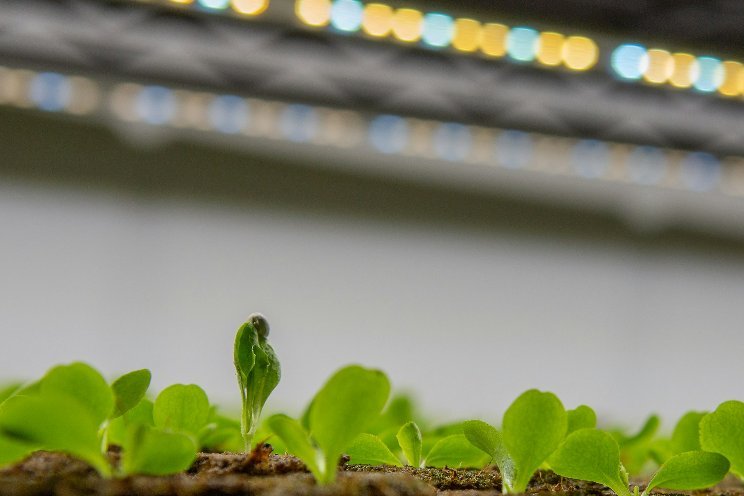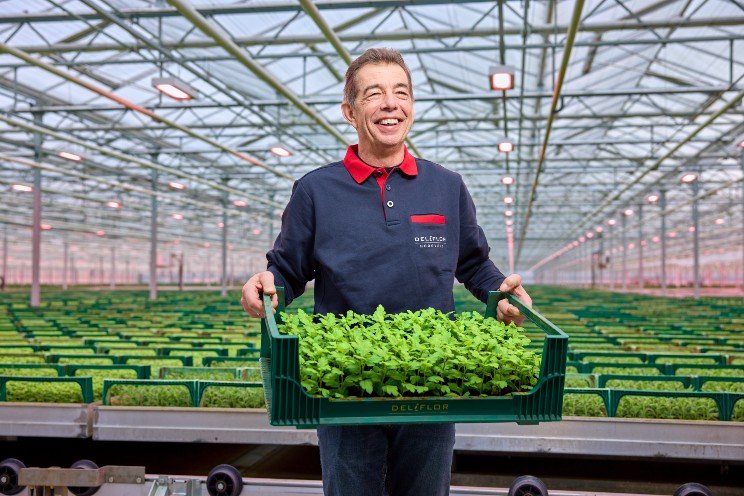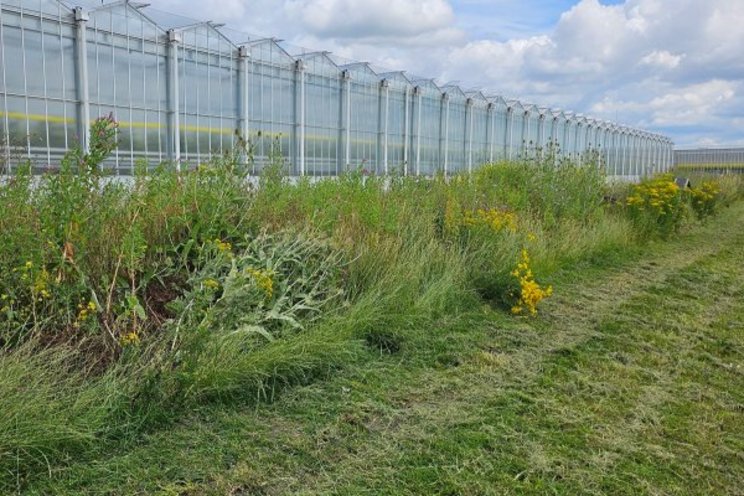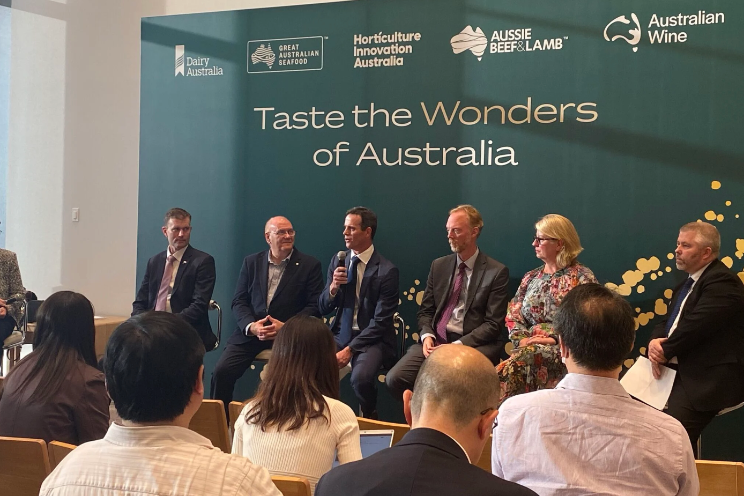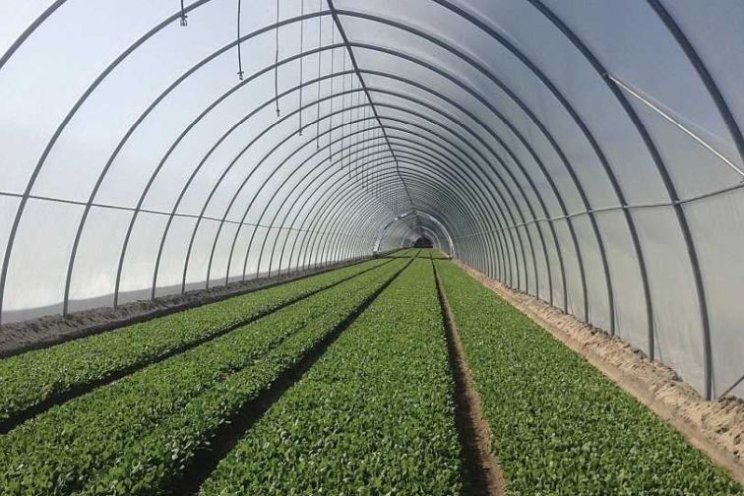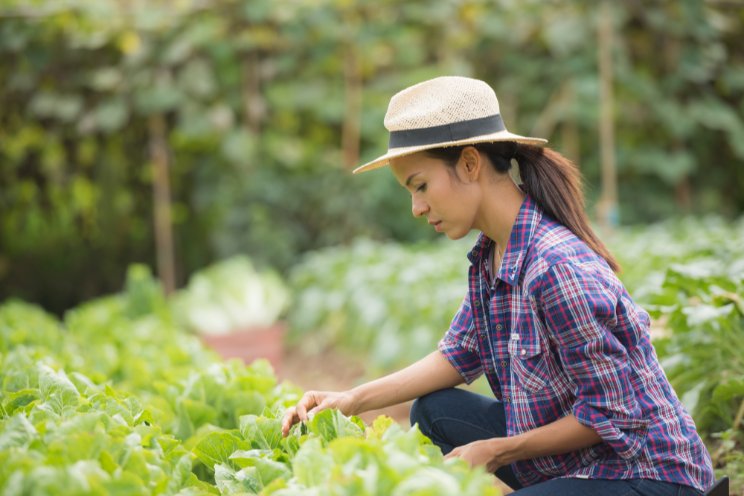Space may be AgTech’s next giant leap forward
Added on 31 March 2023
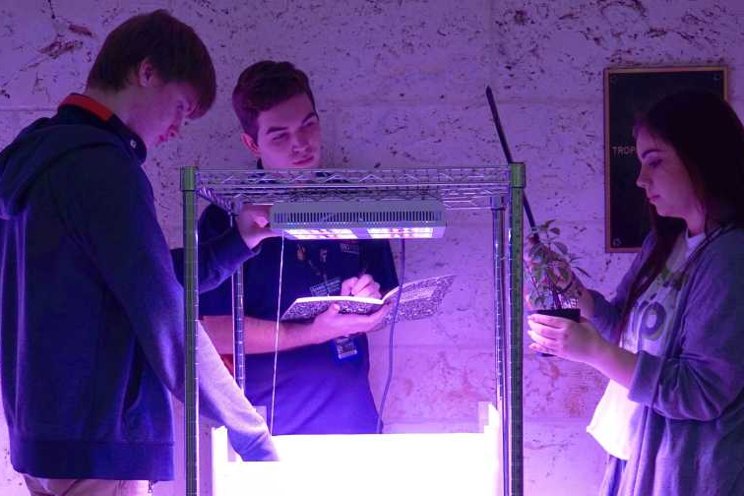
NASA has long been interested in plant-growing technology to support life during long-term space exploration and has carried out plant research in space as early as the 1940s. Several of the research projects compared the effects of microgravity and space’s harsh environmental conditions to environmental conditions on Earth. The results of this research allowed scientists to better understand whether certain plant growth patterns are intrinsic or induced by their environment. Think of the foundation this type of research built for the breeding work done today to develop plants that are more resistant to pests and disease, as well as numerous environmental conditions.
NASA astronauts enjoyed their first space-grown salad in 2015. Crops such as radishes, zinnias, kale, cabbage, and more have all been cultivated in space, many in a vegetable production system the size of a carry-on suitcase. Researchers recently grew dwarf tomatoes in space, as part of the Veg-5 experiment, to assess the impacts of light and fertilizer treatments on crop production and nutritional values. LED technologies, climate controls, and vertical farms all have roots linked back to NASA research projects. Plenty and Bowery Farming are just two vertical farming companies implementing technologies into their operations that expand on NASA’s plant-growth research.
Continue reading.
Photo: As part of the Growing Beyond Earth classroom science program, high school students conduct plant research for NASA at Fairchild Tropical Botanic Garden in Coral Gables, FL.
Photo by Maureen Tan
More news

